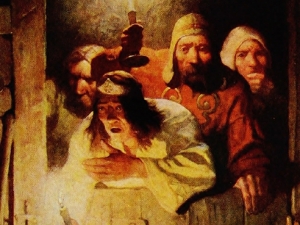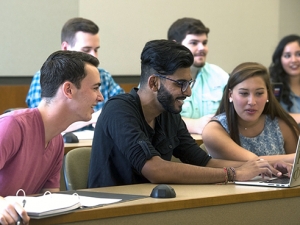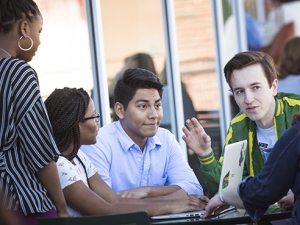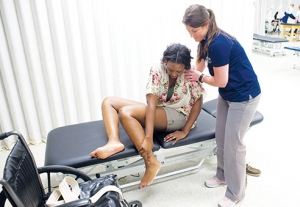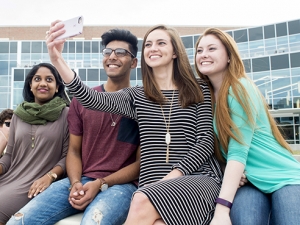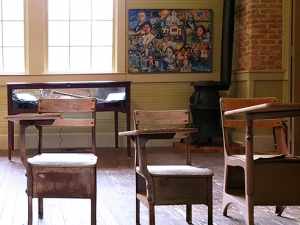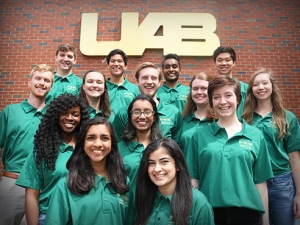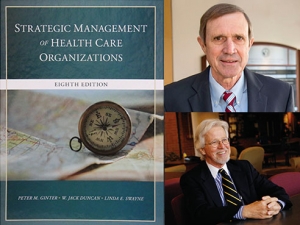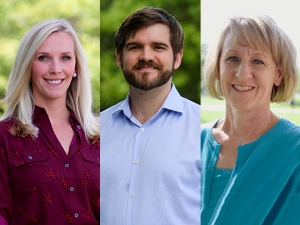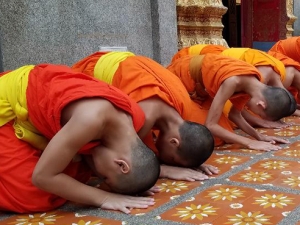What do mindfulness and meditation have in common with the hip-hop’s global consciousness? Those topics and more will be discussed by the 2018-19 cohort of Honors Faculty Fellows — full-time UAB faculty members who want to enhance community and provide stimulating enrichment opportunities for honors students — during their yearlong fellowship beginning in August.
Members of the 2018-19 cohort of Honors Faculty Fellows include DeReef Jamison, Ph.D., associate professor of African American Studies; Sami Raut, Ph.D., assistant professor of biology; Mieke Thomeer, Ph.D., assistant professor of sociology; Kristine Hurst-Wajszczuk, D.M.A., associate professor of voice and director of opera; and Brynn Welch, Ph.D., assistant professor of philosophy. The fellows were selected by a committee of honors students, and each received a $2,000 stipend to fund their projects.
Read below to learn more about how each faculty member plans to spend their fellowship.
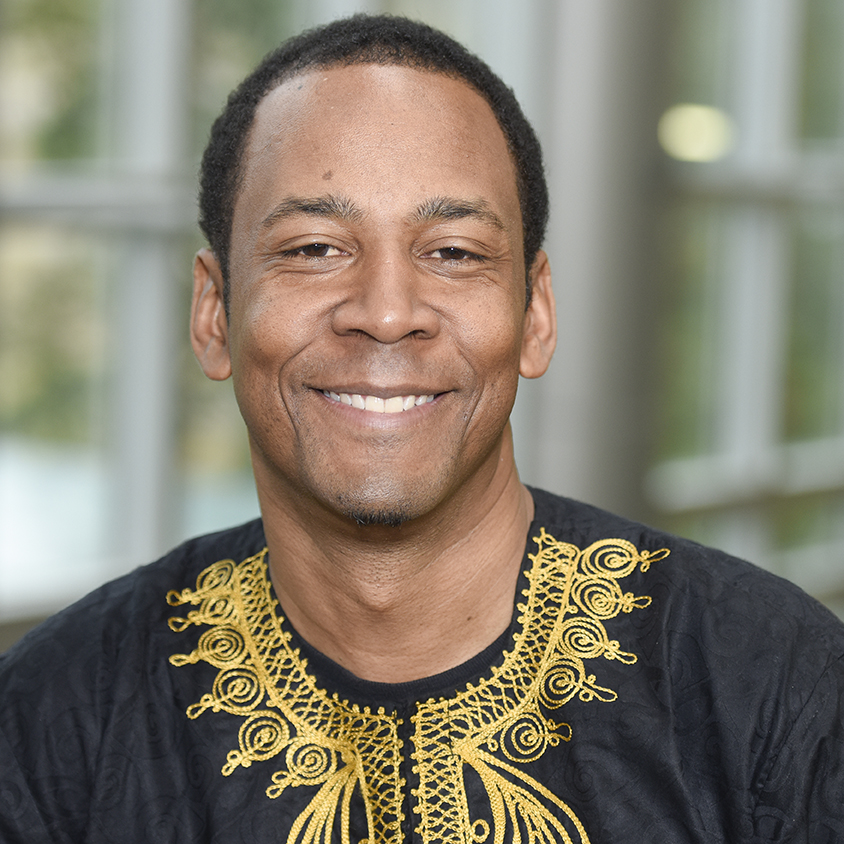
DeReef Jamison
College of Arts and SciencesJamison will offer four seminars exploring the theme “Through the Prism of Hip-Hop,” which will explore gender, sexuality and critical and global consciousnesses within the genre. He envisions the seminars as “conceptual mixtapes,” he says, which will challenge students to inquire, interact, relate and reflect on hip-hop as an expression of social and political consciousness.
“I want students to view rap music as a text and understand hip-hop culture as a space where people use their voices to assert and affirm their humanity,” Jamison said.
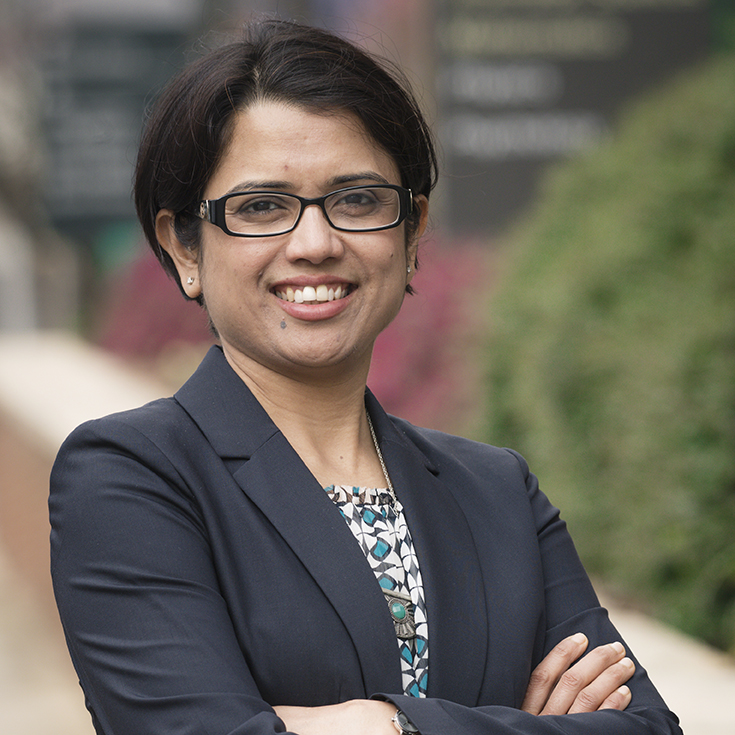
Sami Raut
College of Arts and SciencesRaut, a biologist who specializes in environmental toxicology, has planned a series of active discussions on environmental protection laws and policies, documentary viewings, field trips and seminars in collaboration with UAB Sustainability. Students will have hands-on opportunities to explore ways human behaviors affect the environment.
“As a trained environmental toxicologist, issues related to environmental awareness have always been close to my heart,” Raut said. “My hope is that through these planned events, students will learn more about their own civic responsibility in making a greener planet by adopting sustainable practices in their day-to-day life.”
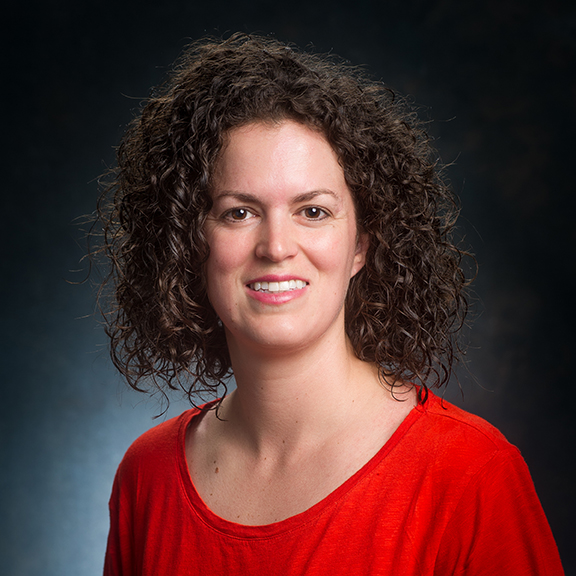
Mieke Thomeer
College of Arts and SciencesThomeer wants to help students develop storytelling skills as a methodological approach to use in research and help them learn to work as storytelling coaches. Storytelling, Thomeer explains, is a way to develop a sociological imagination, or an understanding of the connections between our individual biographies and broader histories or social contexts, and it can help students develop public speaking skills, experience a range of emotions and better understand the importance of events in their lives. She plans to host a storytelling showcase on campus in the spring.
“Storytelling is especially useful for college students who are figuring out next steps for adulthood,” she said. “It can put into perspective what has happened to them in their past and how it matters for the future.”
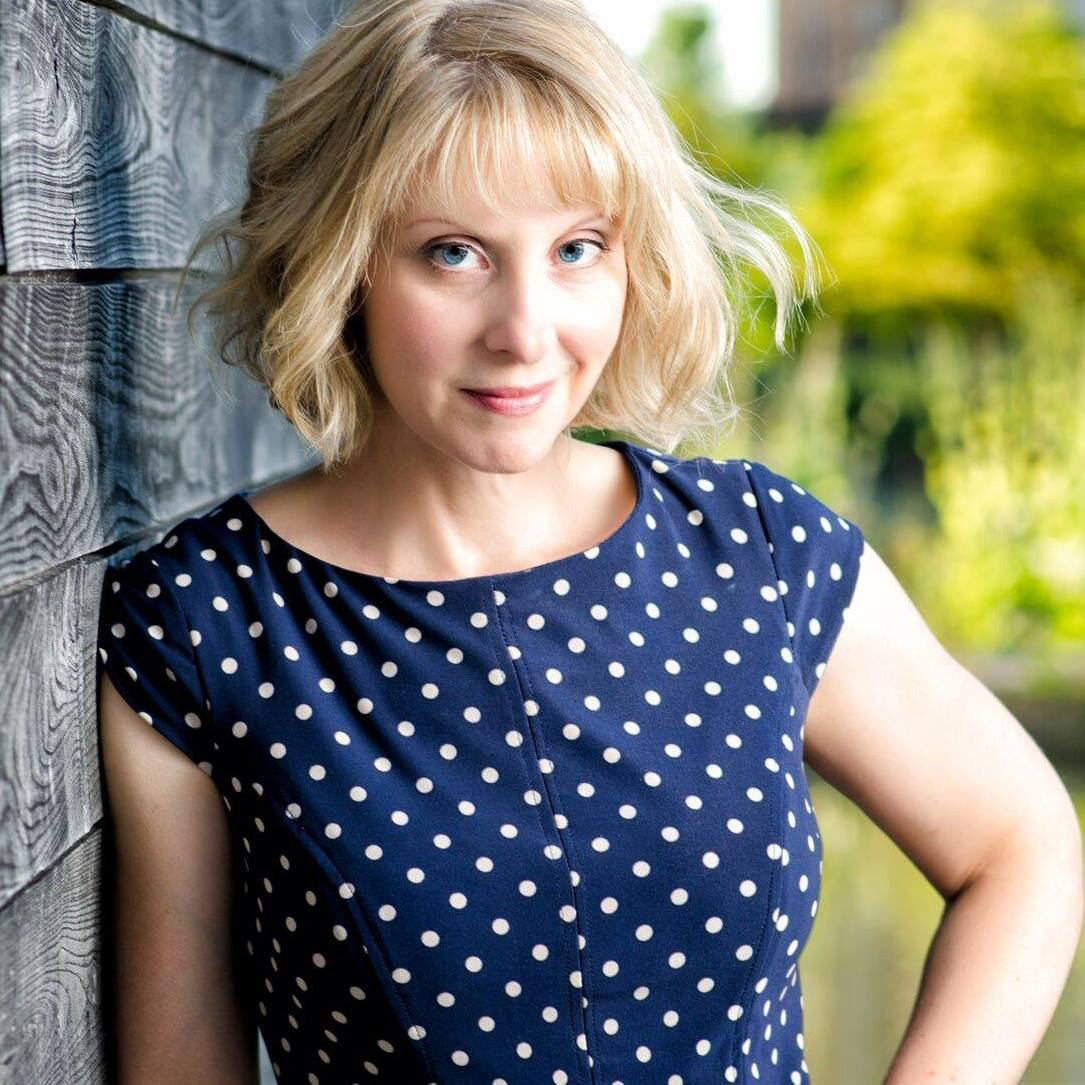
Kristine Hurst-Wajszczuk
College of Arts and SciencesHurst-Wajszczuk believes observation is at the heart of wellness and plans to lead workshops in mindfulness and meditation, strategies she discovered while researching performance anxiety that help students learn to pause, reduce stress, improve sleep habits and experience other benefits that come from being present in the moment.
“What I’m hoping the Honors students will take away from my workshops are the tools to manage stress and the ability to more fully enjoy life,” Hurst-Wajszczuk said. “Mindfulness is a way to embody the present moment, and many who live mindfully find they experience deeper joy in their lives overall. I also hope the workshops dispel any mistaken notions that mediation is only for enlightened people or that it takes a great deal of time. It’s for everyone, and it only takes a few minutes a day to reap the benefits.”
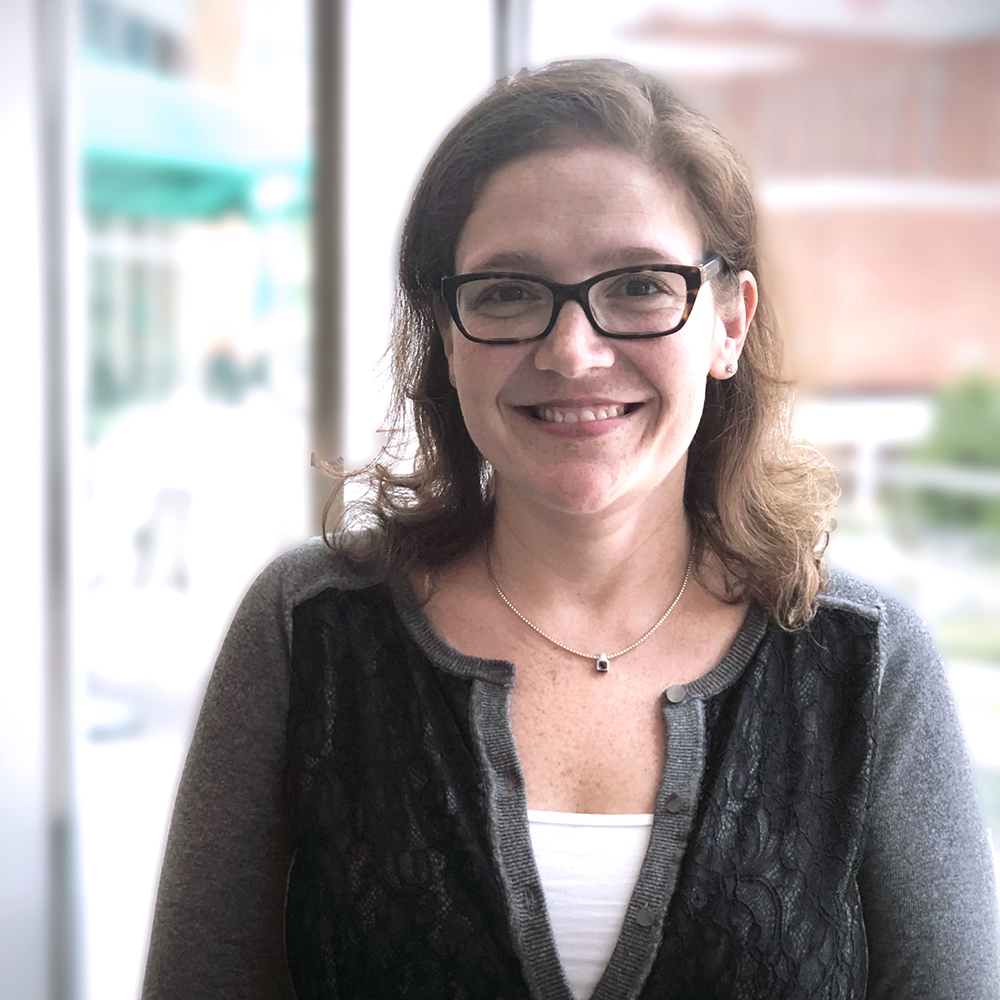
Brynn Welch
College of Arts and SciencesWelch plans to host a series of monthly meals titled “Arguing about Life, Love and Laws,” during which she will engage students on topics such as climate change and paying for college, focusing on preparing them to consider conflicting views in order to make personal decisions, navigate relationships with others and sustain a functional civil society. A specific goal, she says, is helping students rethink what it means to win, which she defines as less of defending your position no matter the consequences and more of having a position worth defending.
“I want to help students better understand why they disagree about particular issues and to think carefully about their own views and their expectations of others,” Welch said. “I want them to rethink how and why we argue so that they can develop the skills essential for civil discourse and reflective living.”
